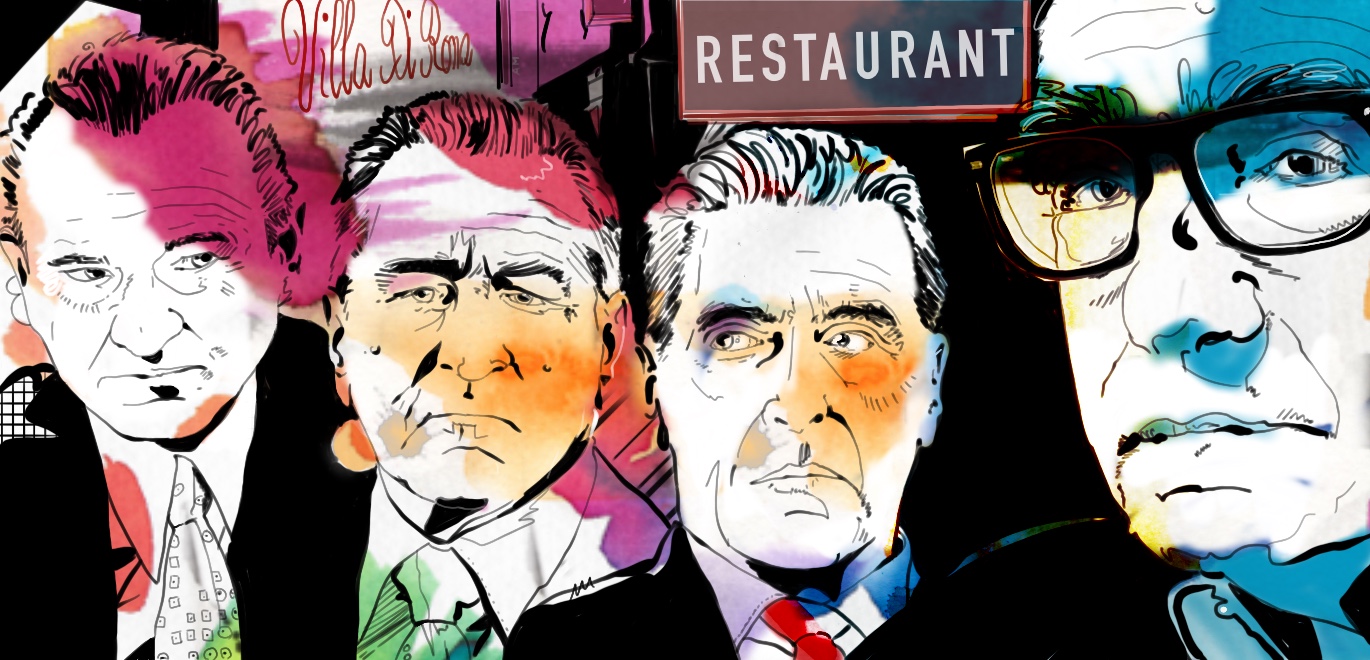
This weekend, I finally found more than three hours’ time necessary to view “The Irishman”, the much-awaited film by Martin Scorsese considered to be, from the initial reaction of movie critics, at the same level of Coppola’s “The Godfather”.
For academic reasons (I’ve been teaching a course on the Mafia for years at a CUNY college), the movie was of great interest to me, more so for its historiographical rather than its cinematographic aspect. I had no doubt that Scorsese’s work, as an art form, would be of the same caliber as Coppola’s. Scorsese is a master and under his direction, although the film could perhaps have been shortened by one third of its length , the performance of great actors such as Robert De Niro, Al Pacino, Joe Pesci and Harvey Keitel, is stellar. Joe Pesci’s performance, who plays the role of Russell Bufalino, the boss of the “small family” of Northeast Pennsylvania, is Oscar-worthy.
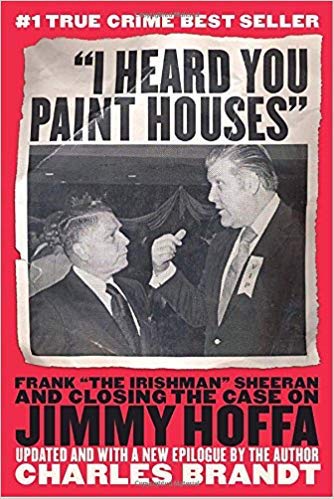
The movie, based on the book, I Heard You Paint Houses, written by the journalist Charles Brandt and based on the story recounted to him a few months before Frank Sheeran’s death (played by Robert De Niro), describes the life of a Mafia “killer” of Irish origins, that due to his job as a truck driver, belonged to the International Brotherhood of Teamsters and who would become the right-hand man and body guard of the union’s president, the charismatic Jimmy Hoffa (Al Pacino).
We understand from Netflix’s publicity hype that this movie–the most expensive ever made by the Italian American director–even though “loosely inspired” by real events, aims to be perceived as a narration of facts which actually took place. And in effect, all of the movie’s main characters did exist, from the Mafia boss Russell Bufalino to the “historically” more important boss from Philadelphia, Angelo Bruno (Harvey Keitel), to the union official and “Mob boss” Tony Provenzano (“Tony Pro”, Vice President of the Teamsters Union and nicknamed “the Little Guy” by Hoffa, played by Stephen Graham) and of course, Hoffa himself, played superbly by Al Pacino.
The success of the book sales that inspired the movie was largely determined by the “revelations” about Jimmy Hoffa’s assassination. According to what Sheeran told the book’s author, it was he who was assigned by the Mafia to kill the union head, and in the movie, even the preparation of the 1975 homicide was reconstructed, including details of the body’s disappearance. In the story, the entire reconstruction of the homicide seems rather unbelievable (Sheeran’s airplane trip, etc.), although not impossible.
There has been controversy surrounding the fact that De Niro and Scorsese, who for years have been wanting to make this movie together, believed Sheeran’s story, despite the fact that they had been warned that many of the accounts in the book lacked credibility. From 1975 on, in fact, there have been many–too many–who have “revealed” how Hoffa was killed, but in the end, according to the FBI, the mystery surrounding his disappearance still remains unsolved and thus, Sheeran’s story has remained unproven.
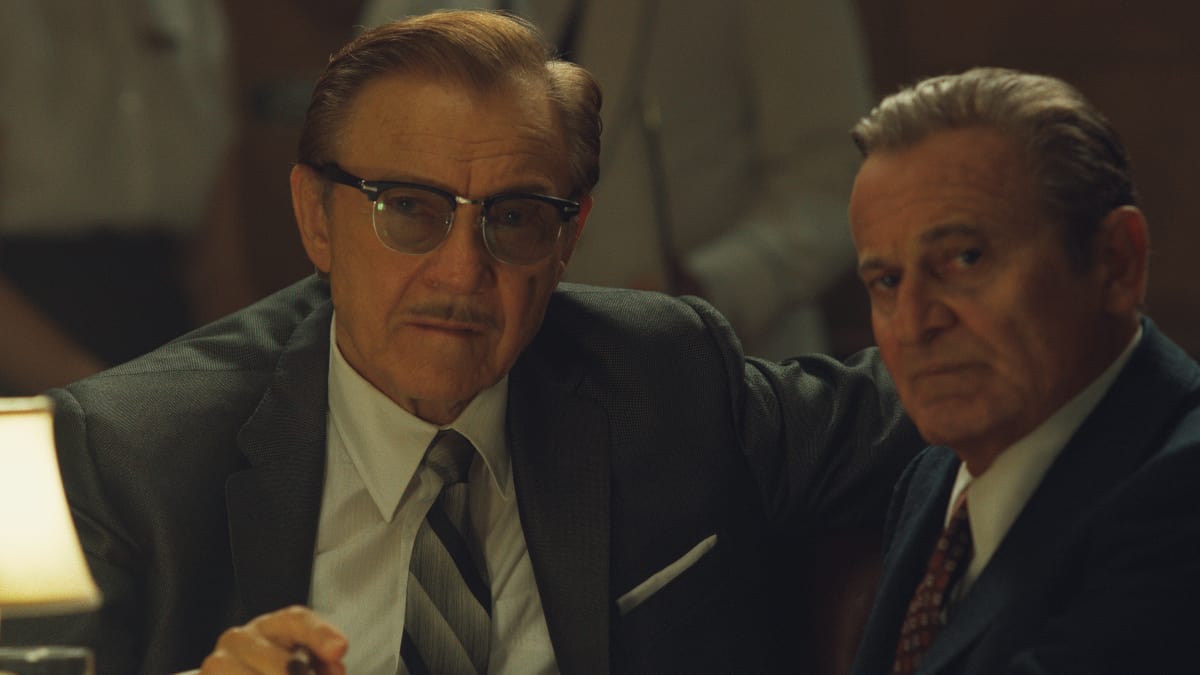
And yet, Scorsese’s movie, regardless of whether “The Irishman” didn’t tell the whole truth regarding his experiences as a Mafia hitman, does show a rather realistic cutaway of the periods when the Cosa Nostra dominated organized crime in the United States. Above all, the reconstruction of the “incestuous” relationship between Hoffa’s Teamsters Union and the Mafia– such as how the truck drivers’ pension funds were used to finance various Cosa Nostra projects, like building hotels and casinos–is telling.
Scorsese doesn’t hold back on the jokes, glances and gestures of his protagonists, to give us the most realistic reconstruction possible of those years. We are already over an hour into the movie, when we arrive at the duel between Hoffa and the Kennedys, in particular, with Robert Kennedy, when he was still serving on the Senate Labor Rackets Committee investigating the relationship between the unions and organized crime. The Kennedys and their role as “allies-enemies” is highlighted in the movie.
We see Scorsese describe the Mafia, especially in Chicago, offering its support for John F. Kennedy’s presidential candidacy, thanks to the intervention and promises made by his father, Joe. The mobsters will bitterly regret this when JFK instead nominates his brother, Robert, as Attorney General, the youngest and most powerful in American history, which in fact, unleashes a war in which getting Hoffa is only one objective, and not even the main one. The Mafia crime bosses remain public enemy number one for RFK, and notwithstanding the obstacles posted by the head of the FBI, Hoover, and the time period of the Cold War, he considers them to be the “enemy within”.
The mobsters — still according to the story that Scorsese tells us through the words of Sheeran/De Niro, who in turn tells us that which Bufalino/Pesci would have reported to him — feel doubly betrayed by the Kennedys. In fact, they had counted on them, once they had entered the White House, to also oust Fidel Castro from power in Cuba in order to once again take control of the hotels and casinos in Havana, where they had invested so much money in prior years. Instead, the Kennedys “betray” them twice: once with RFK unleashing the feds on them through their investigations on the Mafia, and then with JFK abandoning the anti-Castro rebel group to be massacred in the Bay of Pigs, instead of assisting in the operations organized by the CIA with the Mafia.
All very realistic, as we stated. All very detailed. According to the story told in “The Irishman” Hoffa is killed by the Mafia, using Sheeran, the man that he trusted, to take the hubristic leader of the Teamsters Union out of the way, as he no longer wanted to guarantee loans for Cosa Nostra’s investments.
But for us, what is more important than the probable end of Jimmy Hoffa are the aspects of the story that Scorsese decides to skate over instead of delve into—all the while suggesting that nevertheless, he knows them well indeed. There is an admirable scene in which Bufalino/Pesci whispers to Sheera/De Niro, “that’s it”, meaning that for Hoffa there is no more room for discussion; he either accepts the conditions that have been imposed by the Mafia or “that’s it”.
When De Niro– remember, his character is of Irish descent –mentions having not only doubts of conscience, but also of opportunity to Pesci, he is still the leader of the Teamsters Union and thus too important to scare like that, Pesci without hesitating warns him: “Do you think that who killed the president has any problems killing him?”. That president is JFK, which Scorsese has shown us in an earlier scene while the assassination in Dallas is announced on TV in November 1963.
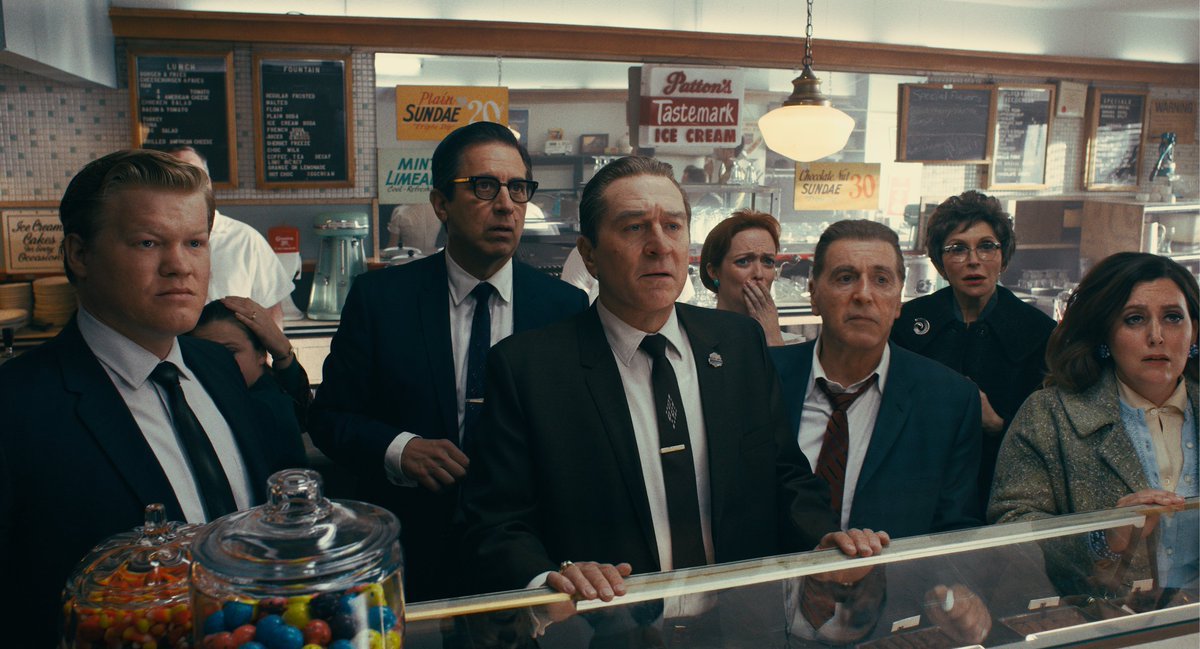
While still bowing before Scorsese’s skill in making this movie – despite the fact that perhaps it is too long a cinematographic work, and seems to be more interested in a father’s remorse over losing his relationship with his daughters who notice the violence of the world that surrounds him and in which they are forced to live– we have a question to ask the maestro: Why, when making the most expensive movie on the Mafia of all time, did Scorsese choose a story about the “small fish”, Sheeran and Bufalino, instead of taking Netflix’s millions of dollars and throwing himself headlong into those who made Casa Nostra history in America? Is Scorsese’s choice due to his sensitivity, attracted more to the story of a “repentant father” who, close to death, tries to explain to his daughter the bad choices that he’s made and at least leave her with a final message? Or was this choice perhaps due to something else?
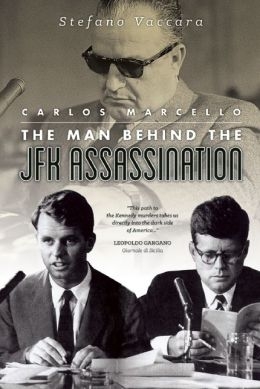
We ask because it’s obvious throughout the film that Scorsese makes us understand that he well understands the history of “the big fish”. At a certain point, we see Pesci — who skillfully goes along with the pun to reaffirm that he, as Mafia boss, in the history of the Cosa Nostra, was at most “an average fish” — explain to Sheeran why Hoffa was out of line and must pay. Hoffa, according to him, had even taken it upon himself to no longer guarantee the financing of a hotel “that Carlos has already begun building…”.
It seems incredible that Hollywood has never shown any interest in depicting Carlos Marcello, born Calogero Minacori, the New Orleans boss who would play such a crucial role in the American Mafia from post-World War II until his death in 1993, as a protagonist in any film dealing with the Mafia.
And yet in his film Scorsese demonstrates that he knows well the role that Marcello has played. Not only because he makes sure he is mentioned by Pesci/Bufalino, but because he then devises a way, as realistic as it is ingenious, to have him indirectly reappear in an important scene: when Pesci instructs De Niro to drive a truck full of arms to be brought to the CIA, with E. Howard Hunt present, who is training the anti-Castro exiles in Florida (and Alabama). And who do we find amongst the organizers/trainers to greet Sheeran/De Niro by the anti-Castro exiles? None other than David Ferrie, the former pilot who has been at the service of the Mafia boss of New Orleans, Carlos Marcello, and that perhaps some will remember, rightfully had such an important role, played by Joe Pesci, in the movie “JFK” by Oliver Stone.
Scorsese, therefore, is magnificent in telling us that he knows, that he believes in the interlacing between the Mafia, the Cia, the military industrial complex and a certain “establishment” (Hoover? Johnson?) but decides that he’s not interested in placing that story at the center of his movie. He only touches upon it, and those who wish to, will understand this.
And yet, a few years ago, it seemed that everything was ready, with Scorsese’s actor pupil, Leonardo di Caprio, poised to make a movie about the history of the great Mafia boss, Carlos Marcello. The protagonist? Robert De Niro! Instead, Scorsese chose the story about Sheeran and spent Netflix’s capital to inform us about how Hoffa dies, certainly an important fish, but not that big.
A final note: Scorsese chooses De Niro and Al Pacino, Italian American actors that in the movie personify “other people”, to launch that which seems to us to be a venting against “his people”. As we stated, the Mobster and trade unionist, “Tony Pro”, Hoffa’s enemy, has two fist fights with the Teamsters Union leader. The motives are many, but that which unleashes “Tony Pro’s” fury is when Hoffa says to him, “you people”. For Provenzano, it’s an insult to the Italians in America. And, in fact, it is, given that in a second scene, Hoffa seasons it, adding “wops” and other colorful language. Scorsese underscores how touchy Italian Americans are, and in the movie, they are shown to be offended simply by their own existence: “you people!”.
To us, it seems that Scorsese, placing this together with the anger and resentment of Sheeran’s daughters towards a father that had become involved with “certain people,” so violent and bloodthirsty, he wishes to launch a final message on the Mafia with his movie: “What’s wrong with us, Italian Americans?” So much for Wise Guys, and for the funny mobsters from years past. Yet even here, however, those described by Scorsese seem to us to be more gangsters than Sicilian Mafiosi who shed blood on the streets of America’s big cities—those “mean streets” on which the same Sicilian-American director grew up. Enough with making them out to be heroes; they’re not characters that can still convey a certain mysterious charm, as perhaps with Marlon Brando and Al Pacino after Coppola’s “The Godfather”, but only ignorant and ruthless outlaws. In other words, people to be only ashamed of, that’s all.
Translated by Emmelina De Feo











